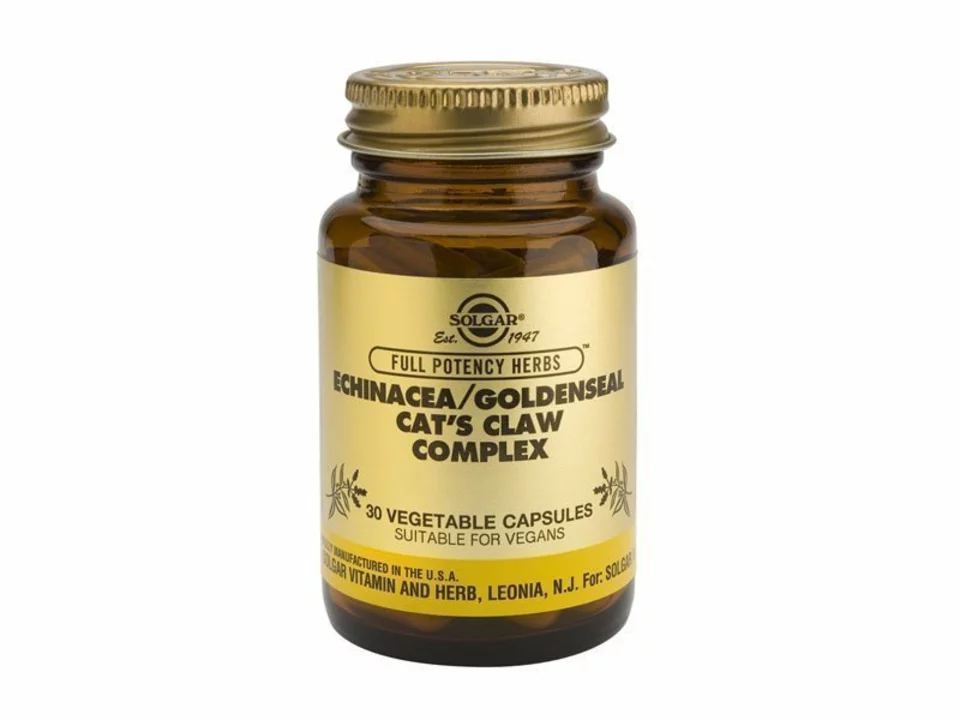Cat's Claw (Uncaria tomentosa): What It Does and When to Be Careful
Cat's claw is a vine from the Amazon rainforest used as a herbal medicine for decades. People take it for inflammation, joint pain, and to support immune health. Lab tests and some small clinical trials show it has anti-inflammatory and antioxidant effects, but results vary. This page gives clear, practical facts so you can decide if cat's claw makes sense for you.
What people use cat's claw for
Most users take cat's claw for aches, arthritis symptoms, digestive complaints, or to boost general wellness. Extracts contain compounds called oxindole alkaloids, tannins, and polyphenols that likely explain the anti-inflammatory and immune effects seen in lab studies. Some small trials reported modest benefits for joint pain and inflammation, but evidence is mixed and larger studies are needed.
Forms you’ll see: capsules, tablets, liquid extracts, and loose herb for tea. Extracts are usually more concentrated than teas. If you want a short course for mild joint pain or as a supplement to an anti-inflammatory strategy, people commonly try it for a few weeks to see if symptoms change. Always watch for side effects and talk with your provider before starting.
Safety, interactions, dosage, and buying tips
Safety first: cat's claw can cause stomach upset, dizziness, headache, and allergic reactions in some people. It may affect the immune system, so don’t use it if you’re on immune-suppressing drugs like azathioprine, methotrexate, or cyclosporine without medical advice. Also check with your doctor if you take blood thinners, blood pressure meds, or diabetes drugs—herbs can alter how these medicines work.
Pregnant or breastfeeding? Skip it. People with autoimmune conditions should be cautious because cat's claw may stimulate immune activity. If you have surgery planned, stop the herb at least two weeks beforehand or follow your surgeon’s advice.
Dosage varies by product. You’ll find supplements with different strengths; common recommendations range from a few hundred milligrams to higher daily totals in divided doses. Follow the label or your healthcare provider’s guidance—don’t assume more is better.
Buying tips: choose brands that use standardized extracts and show third-party testing (USP, NSF, or an independent lab). Avoid products that hide ingredient amounts in a “proprietary blend.” Check for clear labeling, a full ingredient list, and an expiration date. If you buy teas, prefer reputable suppliers to reduce the risk of contamination.
Want to try it? Talk with your pharmacist or doctor first—especially if you take prescription meds. Keep a simple log: start one product at the recommended dose, note any changes in symptoms or side effects for two to four weeks, and review results with your provider. That approach keeps you safe and helps you see if cat's claw actually helps you.

- 14 Comments
Cat's Claw has recently caught my attention as a powerful herbal dietary supplement with numerous health benefits. This Amazonian rainforest plant has been used for centuries by indigenous people for its medicinal properties. I've discovered that it offers anti-inflammatory, antioxidant, and immune-boosting benefits, making it a fantastic addition to our daily routines. Additionally, recent research suggests that Cat's Claw may even have potential in supporting brain health and protecting against neurological disorders. If you're looking to improve your overall well-being, I highly recommend looking into the potential of this amazing natural remedy!
